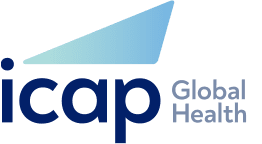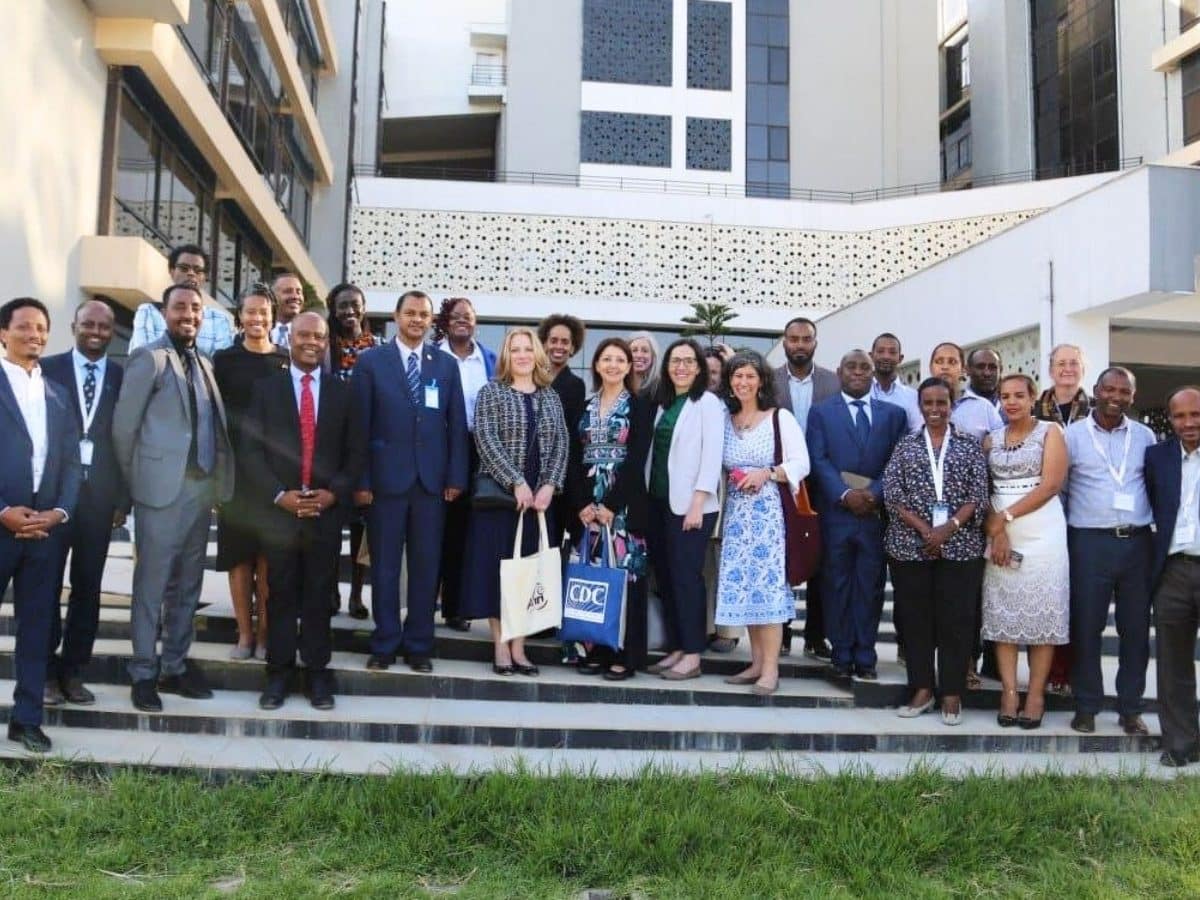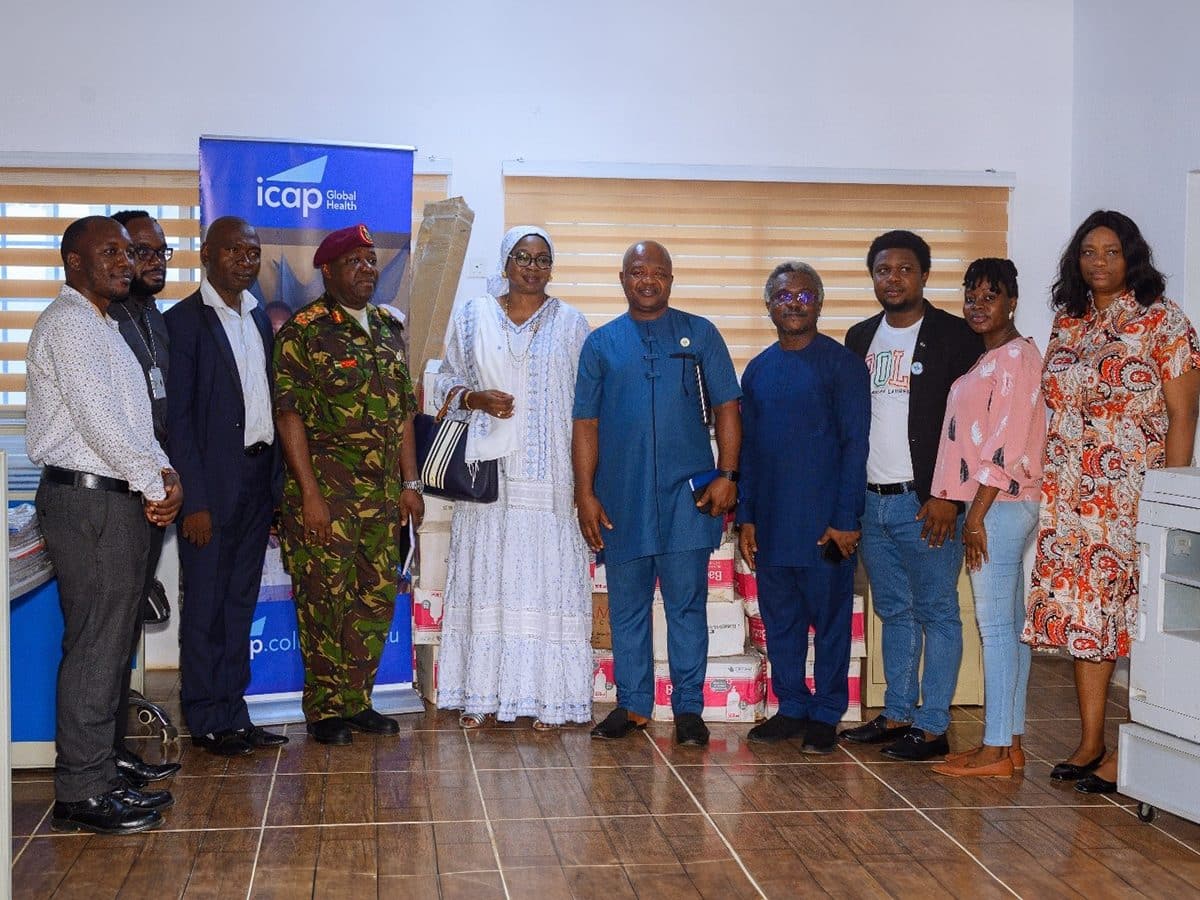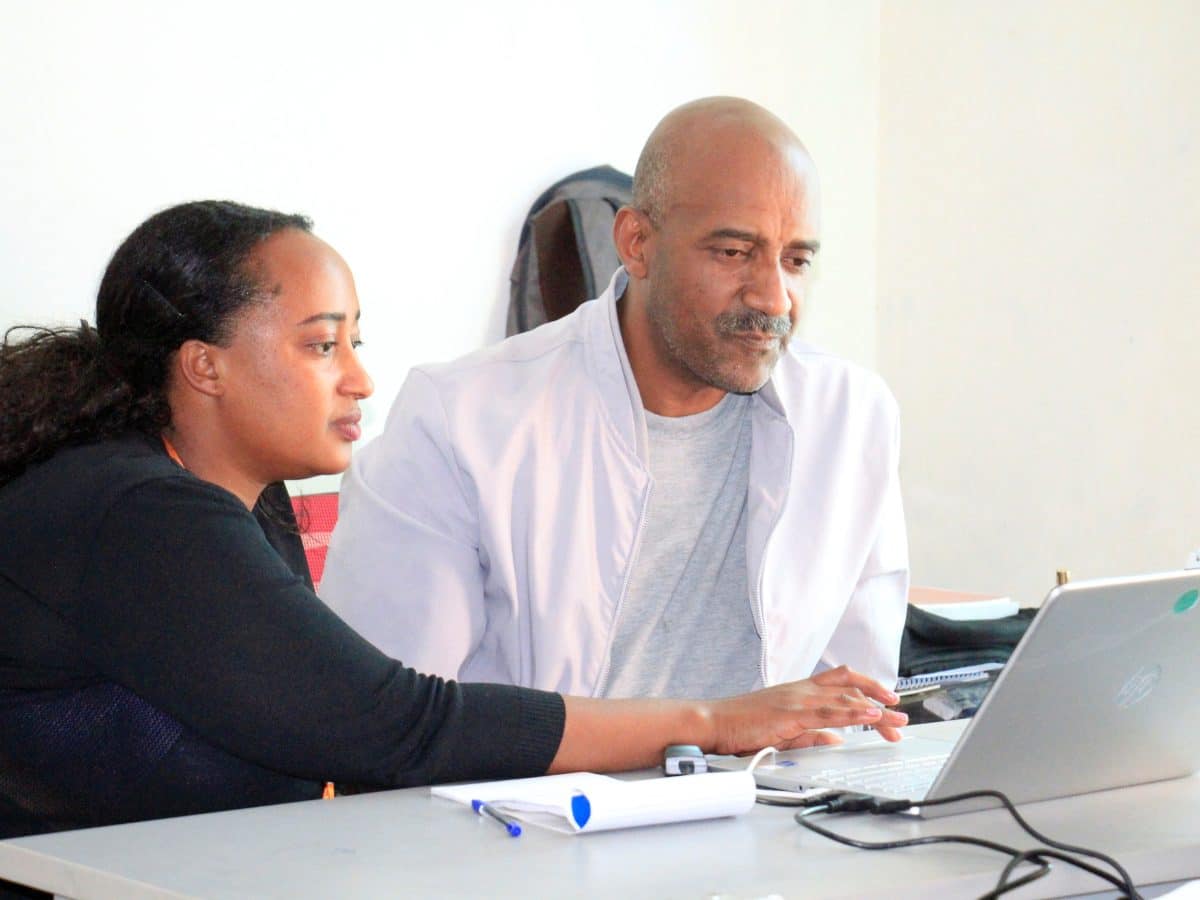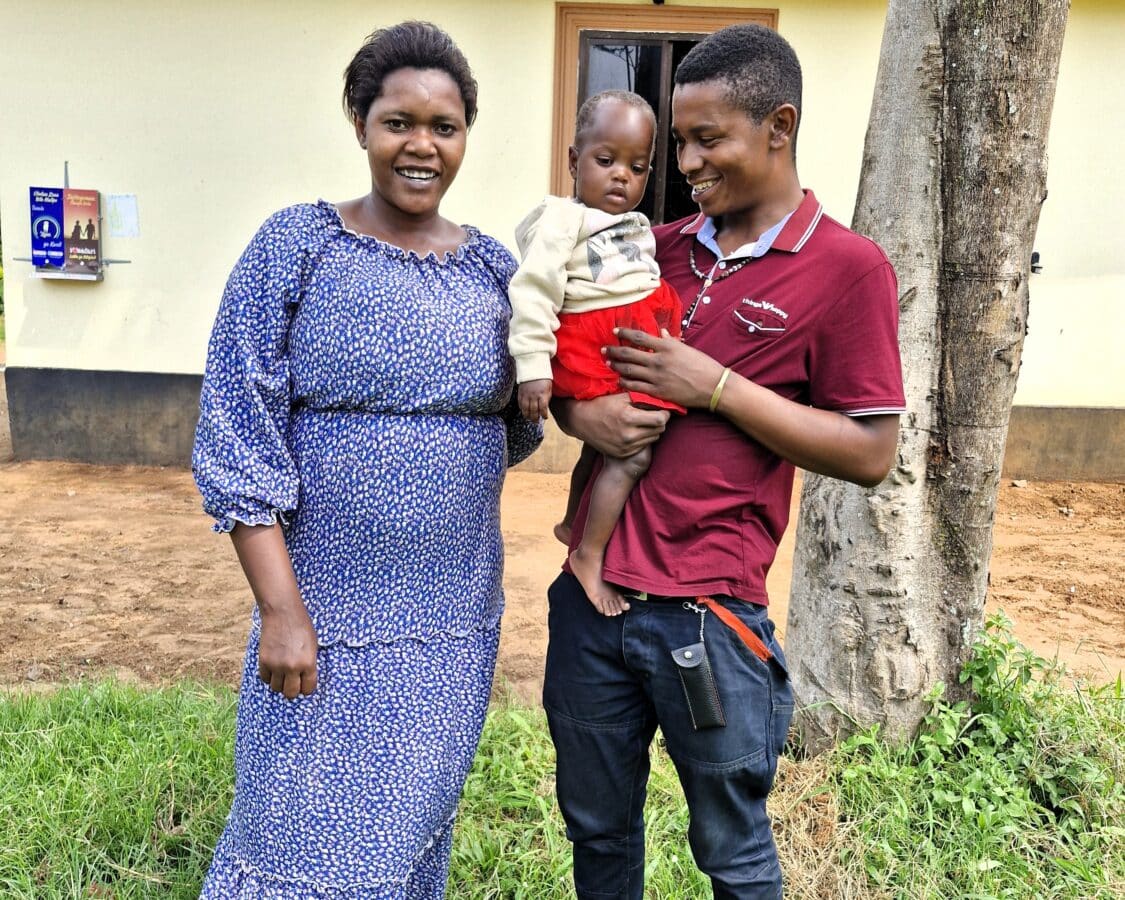When it comes to Advanced HIV Disease (AHD), what are the opportunities and challenges for differentiated service delivery (DSD)? That was the question that brought together 400 health experts from over 20 countries for a unique and fascinating virtual workshop held from July 28-29.
The virtual workshop – organized by ICAP’s CQUIN network in partnership with the Clinton Health Access Initiative (CHAI) and Unitaid – was attended by representatives from Ministries of Health, WHO, the Global Fund, PEPFAR, IAS, ITPC, MSF, implementing partners, national networks of people living with HIV, academic institutions, donors, and more. Participants shared experiences, best practices, and challenges in establishing DSD models for people living with AHD. The workshop was also an opportunity for CQUIN member countries to review progress towards AHD policy implementation.
Wafaa El -Sadr, MD, MPH, MPA, global director of ICAP at Columbia University, reiterated the importance of bringing attention to AHD in her welcoming remarks. “It is critically important to design evidence-based person-centered models for people with AHD and people at risk of HIV disease progression to connect the various ongoing efforts. DSD should focus on all segments of the population living with HIV,” she said.
The workshop featured both live and pre-recorded plenary sessions and breakout parallel sessions covering topics such as CD4 testing, linkages and referrals, and clinical algorithms, among others. A session dedicated to discussing the AHD dashboard provided the opportunity for Eswatini, Kenya and Côte d’Ivoire to present their progress on implementing differentiated ART services for persons with advanced HIV disease. Various live Q&A sessions, facilitated by a selection of expert moderators, inspired interaction between presenters and participants on the various themes and topics presented during the sessions.
Some CQUIN member countries hosted simultaneous “watch meetings” where participants convened to discuss the various themes presented at the workshop. These watch parties also encouraged offline Q&A sessions. For instance, Eswatini used the DSD Coordinators Forum on WhatsApp® to engage teams from Uganda and Malawi in conversation after viewing their pre-recorded presentations on the workshop webpage.
-
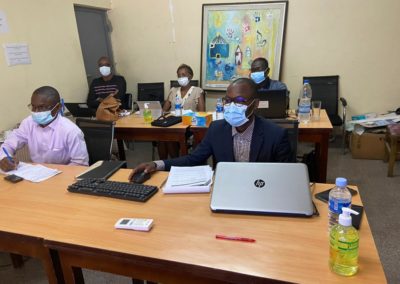
Team Côte d'Ivoire Watch Party
-
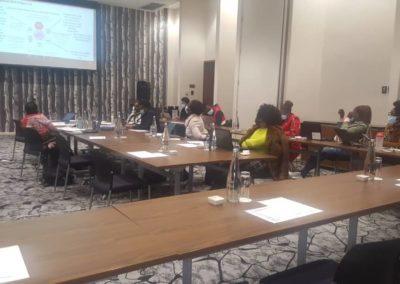
Eswatini Watch Party
-
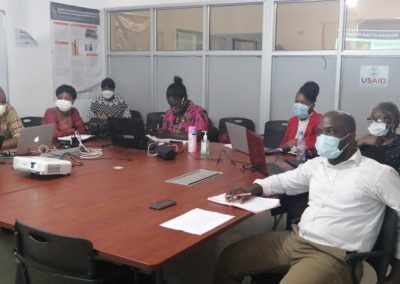
Team Liberia
-
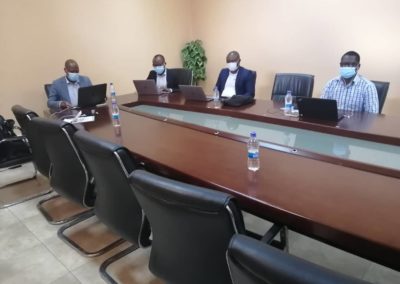
Team Malawi
-
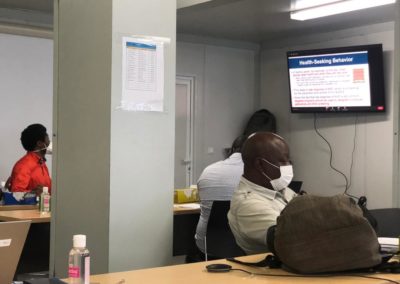
Sierra Leone Watch Party
-
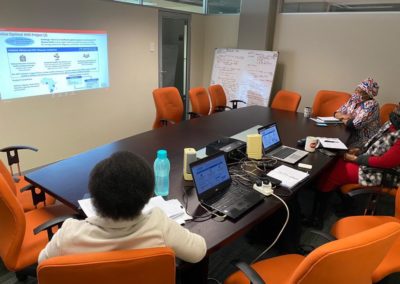
South African Watch Party
-
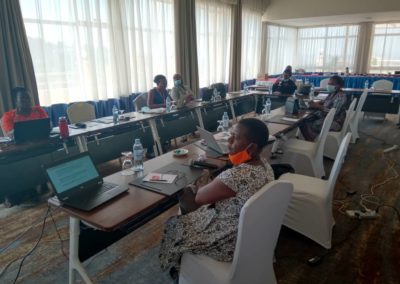
Ugandan Watch Party
“The workshop was a great learning opportunity, which generated a lot of interest and engagement by the panelists and participants,” said Mohammed Mahdi, MD, ICAP clinical advisor.
“The workshop has been very timely,” said Lawrence Khonyongwa, executive director of the Malawi Network of People Living with HIV in his closing remarks. “Advanced HIV disease affects recipients of care directly. The knowledge shared here will help us improve the quality of care for people in our communities as we collectively work to promote the goals and aspirations of a world free from AIDS,” he said.
“We had originally planned for this AHD workshop to be an in-person meeting,” noted Miriam Rabkin, MD, MPH, principal investigator for CQUIN. “The COVID-19 pandemic required us to pivot, and to think about ways in which we could convene virtually. We know that internet connectivity was a challenge for some participants, which is why we made sure to archive slides, videos, and other resources on the meeting website.”
Next steps for CQUIN include launching a community of practice on DSD for AHD, and continuing to showcase the importance of expanding access to AHD services for all.
Access the virtual workshop pre-meeting interviews, recorded plenary sessions, presentations from participating countries, and the AHD dashboard.

